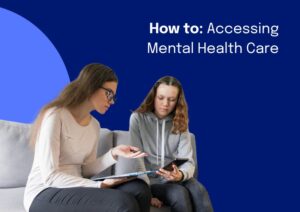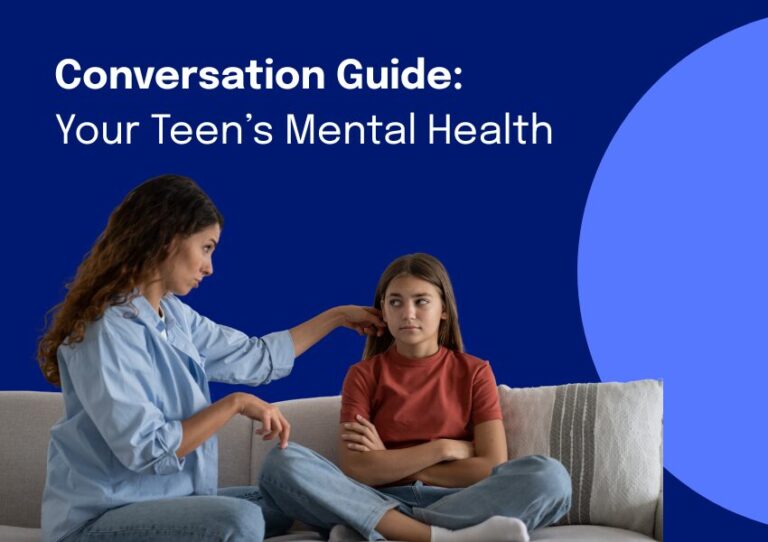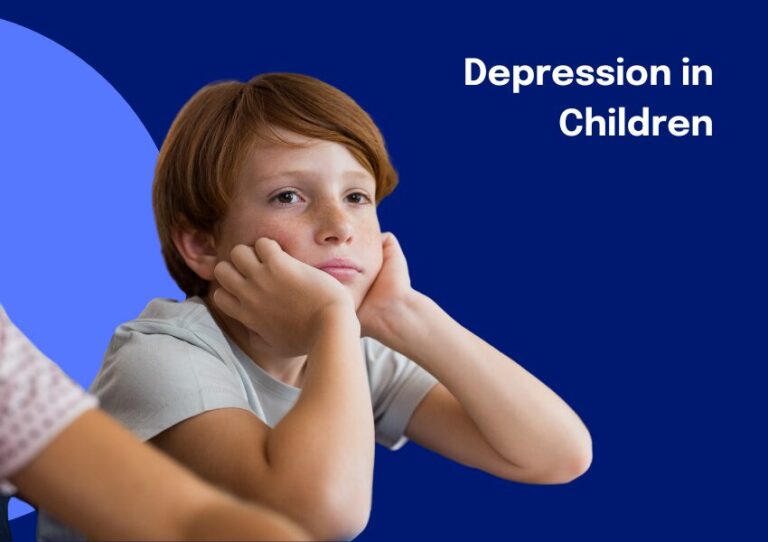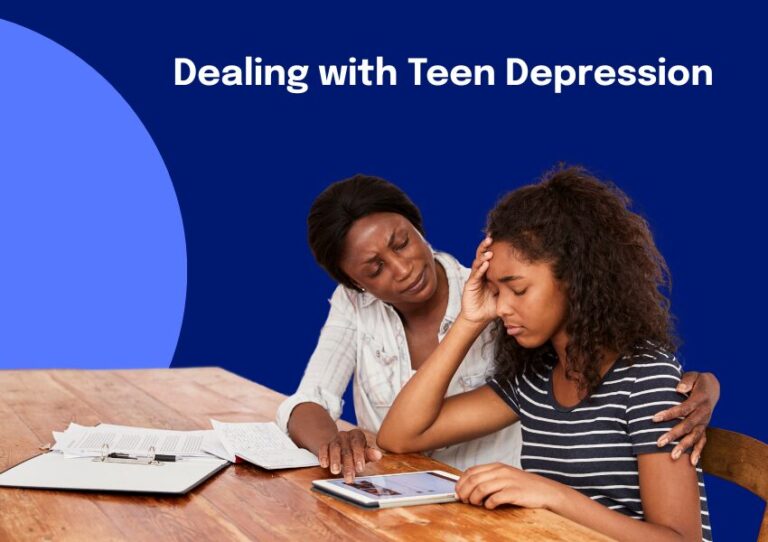How to: Accessing Mental Health Care
 Accessing Mental health for your child can be a daunting task. Our Camp Mariposa partner Megan Boyle at Compass Health in Everett, WA has outlined the process and demystified Mental Health Counseling for you and your child. The article outlines how to be prepared and what to expect.
Accessing Mental health for your child can be a daunting task. Our Camp Mariposa partner Megan Boyle at Compass Health in Everett, WA has outlined the process and demystified Mental Health Counseling for you and your child. The article outlines how to be prepared and what to expect.
Accessing Mental Health Care
Often parents aren’t sure if the problem is “bad” enough to seek services. Counseling services can be helpful even if there is no official mental health diagnosis. A clinician will gather information about the child’s current functioning and history during a mental health assessment. At the end of the appointment, the Clinician will recommend further treatment and the reasons behind that recommendation. Therapy is not a professional “telling” an individual or family what to do but a collaborative process. The child and family are the experts on their lives; the Clinician presents new ideas and helps identify barriers to change.
Getting Started
The first step is to make a phone call. Finding a therapist can seem overwhelming – reaching out to PCP or a school counselor who can help with a referral is a great first step. They might have recommendations of providers they have worked with previously. Social workers, Camp Erin or Camp Mariposa staff and family friends may also be resources in identifying providers in your community.
If you are in need of Mental Health Services for a child, but are not in crisis, the services available depend on the type of healthcare coverage you have.
If you have private insurance or purchased health insurance through the Washington Benefit Exchange, you can look on the back of your insurance card to locate the direct number to call to find the right provider in your network.
If you have Apple Health (Medicaid) through the Washington Health Plan Finder (Molina, Amerigroup, Community Health Plan of WA, Coordinated Care or UnitedHealth) you can call your health insurance directly and ask the care coordinator to assist you in setting up mental health evaluation and therapy appointments.
No Insurance: Call the Family Health Hotline at 1-800-322-2588 or access the web site at www.parenthelp123/resources. Many therapists and community health centers offer services on a sliding scale.
Finding the Right Match
Therapists are not people who are just “paid to listen to problems”. Clinicians have training in how people change, relationships, work environments, conflict resolution and communication. A critical part of the therapy relationship between Clinician and patient is trust. It is important to find a provider you feel comfortable with; being able to be open and honest with your Clinician can affect how you make progress in treatment. Doing a little research about the provider ahead of time can alleviate some fears about the first appointment. Many providers offer patients information about the Clinician and their clinical style prior to the first appointment. If they do not, just ask!
If after the first appointment you are not comfortable or do not feel like the Clinician is a good match, it is ok to talk to them about your concerns. Therapists are invested in your success and do not want to be a barrier – therapy is about you and your needs, not the Clinician’s.
What to Expect/How to Prepare
Intake paperwork will be provided prior to beginning an assessment appointment. This will include consent forms authorizing mental health treatment, information on privacy practices, confidentiality and historical information gathering. Authorizations for releasing information, financial agreements, attendance policies and specialized assessment tools may also be included. Prior to the first session, you should receive information about the Clinician you will be meeting with which should include their education, experience, licensure/certification, specialties and practice model.
Be prepared to provide the child’s medical insurance card. The mental health clinic will want to know when the child’s last physical occurred and who the primary care physician is. They will also need information on current medications and allergies.
Things discussed with the Clinician are confidential with a few exceptions; therapists are mandated by law to report situations that involve harm to an individual. These include: tthreatening to immediately or soon (imminently) harm yourself or commit suicide, threatening to immediately or soon (imminently) harm or take the life of another person or abusing a child or a vulnerable adult (someone older than age 18 who is hospitalized or made vulnerable by a disability)
If the youth or caregiver would like the Clinician to communicate with others about treatment, they must give written authorization. Often times a Clinician will ask to speak to other professionals working with the child (Primary Care Physician, teacher, school counselor) in order to coordinate care. In the state of Washington, youth 13 and over have the right to consent and privacy around their mental health services. Clinicians are required to have authorization from a youth age 13+ to disclose information to caregivers outside mandated reporting. Caregivers should speak to the Clinician at the intake appointment about how they approach confidentiality and collaboration with caregivers.
The first appointment is generally about one hour long. The Clinician will generally take a lot of notes in this first session. They will want to make sure they get information you are providing correct. Not all Clinicians take session notes during appointments once they have established a relationship with the patient – many complete notes following the session.
Questions You’ll Be Asked and How to Answer
The Clinician will ask questions about reasons for the referral, behavioral concerns, parenting/discipline, the child’s health, family history of mental health diagnoses, previous treatment, drug/alcohol use, developmental history, educational/school presentation, family relationships, previous treatment, goals for treatment, medications.
Highlight safety concerns. Clinicians are looking to address safety issues first and want to make sure to plan with you to keep your child safe and cared for. If your child has had suicidal thoughts/ideation/attempts, physical aggression toward others or pets, or self-harm behavior (cutting, burning, etc.) make sure the Clinician is aware and when behavior occurred last.
Other Things to Mention:
- Identify what you are hoping to achieve in treatment – what would you hope to see in the future.
- Let the Clinician know about the child’s strengths, skills and abilities. Behavioral Health providers are looking for ways to use strengths to help improve challenges.
- If the child has had success overcoming a problem in the past what worked well?
Suggested Questions to Ask the Clinician:
Caregivers should feel comfortable asking questions of the provider. Preparing questions ahead of time could be helpful.
- Do you involve parents (or guardians) in the counseling process?
- Do you provide family therapy? How do you decide if this is needed?
- What criteria do you use to determine whether or not a child needs medication? To whom do you refer for this type of assessment?
- If my child needs special accommodations at school, do you assist in making these arrangements?
- How flexible is your appointment schedule? Do you offer after school/ evening/Saturday appointments?
- If you or I decide that you and my child might not work well together, will you be able to suggest other referrals?
- What is your training and experience working with Childhood Mental Health, as well as working with families from diverse backgrounds?
- My child has been having some problems in the following areas… (Provide examples of the behaviors that concern you).
- Have you seen other children overcome similar problems? What is the timeline for recovery?
- How often will we meet?
Timeline of Care
Many people believe that treatment lasts a long time. Many individuals respond with a short term intervention of a few sessions.
There are different levels of care, but the most common is outpatient treatment. When a youth presents with more serious or complex mental health problems, more restrictive treatments may be needed including intensive outpatient or inpatient services. Inpatient services can be short or long term. Short term hospitalization can be as few as 3 days but is generally not more than 10 days. Long term hospitalization is generally 3-6 months. Note: while inpatient services may be warranted for short term safety and stabilization, long term outcomes are significantly better with outpatient services. Intensive outpatient services or partial day programs can help the child learn how to apply skills learned in treatment to daily life with the support of caregivers and natural supports.
Treatment is a process and everyone heals at a different pace. Be patient! If you feel like things are not progressing, talk to the Clinician about your concerns. Therapists want to know what is working and what is not.
Supplemental Community Resources to Consider
School: Children have access to a school counselor. While this person is not a mental health therapist who will be providing counseling, they may have recommendations about ways to help support the child at school. This includes special education services (not just for learning disabilities, some youth qualify for supports based on social or emotional needs), social skills groups, occupational or speech therapy and other resources. School counselors can assist a parent in talking with the child’s teacher about concerns and needs.
Parent support groups: Support groups are a great resource for caregivers to reduce feelings of isolation and gain new ideas. Many schools, churches or community centers offer support groups for parents. Additionally, specialized organizations like NAMI (National Organization of Mentally Ill) or Alanon/Alateen can help support individuals with unique needs. Online support groups can be a resource as well for very specialized needs.
Crisis Lines: Regional crisis lines can assist in an emergency. These are available to anyone regardless of insurance. The Washington Recovery Helpline is available 24/7: 866-789-1511
211: Links individuals with resources in the community. 211 includes but is not limited to housing, food, education, legal, transportation, healthcare resources.
Youth Mental Health First Aid: This course is widely available and helps individuals learn how to recognize mental health problems and support youth who are struggling.



